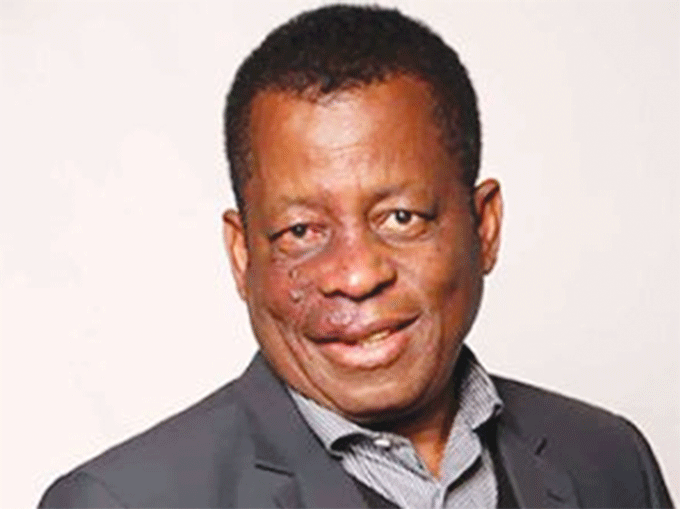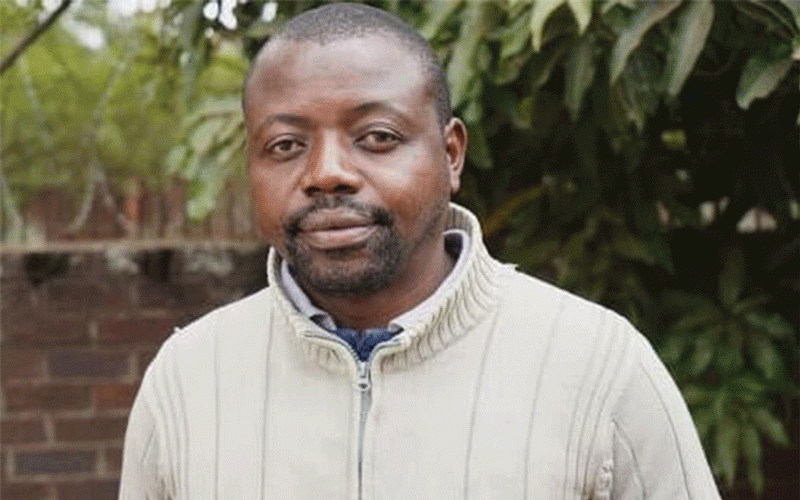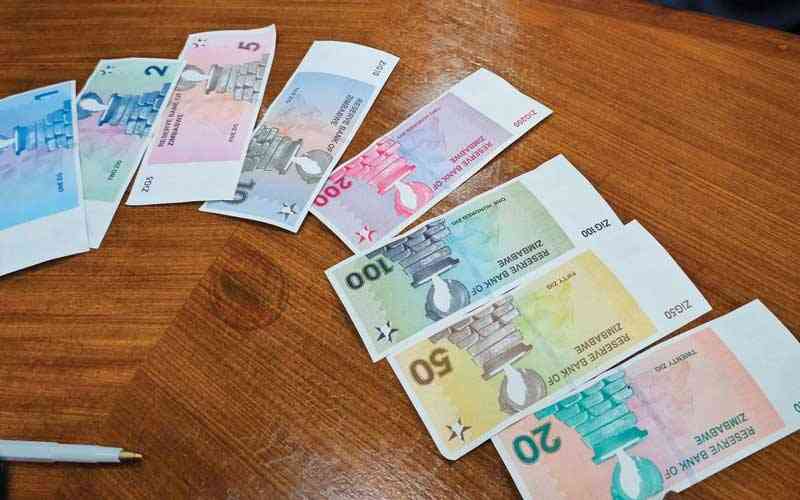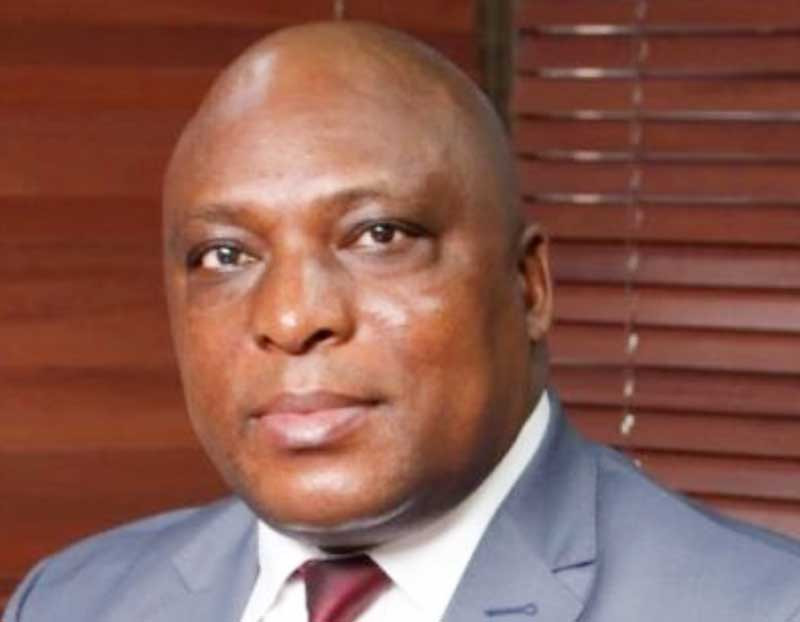
THE decision by Zimbabwe Electricity Transmission and Distribution Company (ZETDC) Holdings to enter into negotiations with Zambia and Mozambique to buy 280MW of power beginning October 2021 to close the deficit in the supply of power in the country is a welcome move.
ZETDC has disclosed that its decision to engage Mozambique and Zambia was triggered by the fact that the power utility is producing power ranging from 1 240MW to 1 600MW against an average demand forecast of about 1 735MW, leaving a power deficit of range of 145-500MW, mainly depending on the availability of imports or the power generation performance locally.
It is comforting news that on Monday, generation of power at Hwange Power Station returned to normal, with the unit improving the station output by an additional 150MW. An additional 60,5MW is expected from the internal thermal and solar Independent Power Producers (IPPs) by December.
Another 125WM is set to be added next week with restoration of generator number one at Kariba, bringing back a total of 270MW with the coming in generator number six at Hwange Power Station.
This will at least ease the power problems in the country. The citizens have suffered long hours of power outages, while the industry, struggling to capacitate, is being taken back by the power shortages.
A reviving industry surely cannot rely on expensive sources of power such as diesel, and the decision to enter into negotiations with the neighbouring countries is a welcome move to alleviate the power shortages in the country.
We, however, urge the power utility to make good its financial commitment towards the purchase of power. Past incidents when the country was denied power by South Africa because it owed its power utility, the Electricity Supply Commission huge amounts of money were disgraceful to the country and should never be repeated.
President Emmerson Mnangagwa, during his campaign period, promised to improve power infrastructure in the country because he is well aware that revival of the industry requires power. This will bring down the cost of production and prevent unnecessary interruptions on production due to shortage of electricity.
- Chamisa under fire over US$120K donation
- Mavhunga puts DeMbare into Chibuku quarterfinals
- Pension funds bet on Cabora Bassa oilfields
- Councils defy govt fire tender directive
Keep Reading
The country should have its priorities right. We talk of rural electrification when we cannot have enough for the urban population, the engine room of the country’s economy. The country should gradually invest in solar infrastructure to prevent a situation where it will be forced to import power again. Zesa executive chairman Sydney Gata should know that sustainable strategies are needed in the field of power generation.











